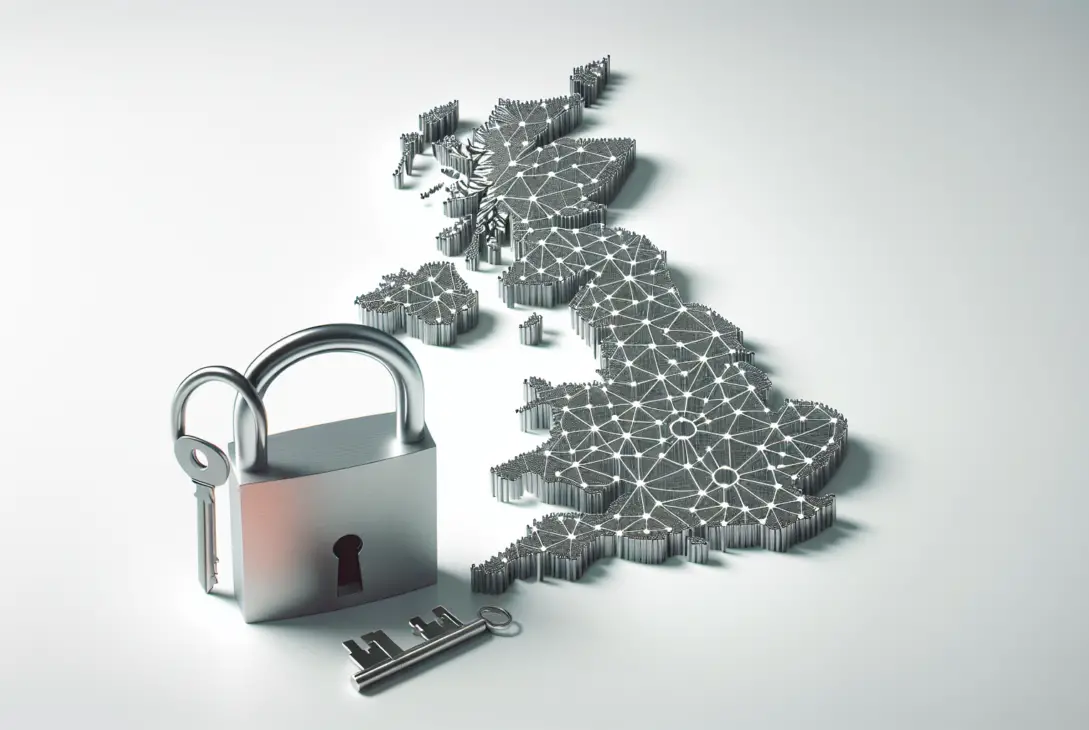Meet the Digital Markets, Competition and Consumer (DMCC) Bill. Fresh from a triumphant journey through the House of Lords, this piece of legislation promises a reshape of the tech landscape in the UK. Offering a new regulatory premise, the DMCC is about to change the game. Let’s explore 5 significant takeaways from this groundbreaking law.
1. An Independent Rulebook for Big Tech
The DMCC Bill breaks new ground, affording the UK its personal set of rules for Big Tech. This radical move provides the nation with decision-making autonomy, thus removing the traditional reliance on broader European or International legislation.
2. Promotion of Competition
The new law aims to balance the tech industry’s playing field. Particularly focusing on ensuring fair competition amongst players, the DMCC Bill seeks to combat monopolistic tendencies and create equal opportunities for all.
3. Consumer Protection at Forefront
In addition to promoting competition, the DMCC Bill is distinctively consumer-centric. It takes substantial strides to safeguard consumer interests, encouraging transparency and market responsibility in Big Tech.
4. A Final Parliamentary Hurdle Cleared
Despite limited time available for government parliamentarians, the bill has managed to cross the House of Lords. This accomplishment signifies the final obstacle conquered before its official induction as a law.
5. A Stepping Stone for Future Regulations
The DMCC Bill’s acceptance could serve as a precedent for future tech laws in the UK and beyond. It might inspire similar legislation globally, facilitating a more systematic approach to Big Tech regulation.
Remember, the DMCC Bill’s journey is more than a regulatory shift. It reflects the global drive for responsible tech progress, emphasizing fair play, consumer protection, and national autonomy in tech legislative matters. As we dive into the digital age, this law serves as a beacon, guiding us towards a more equitable tech ecosystem.
Credit: BBC. TechCrunch, Reuters




